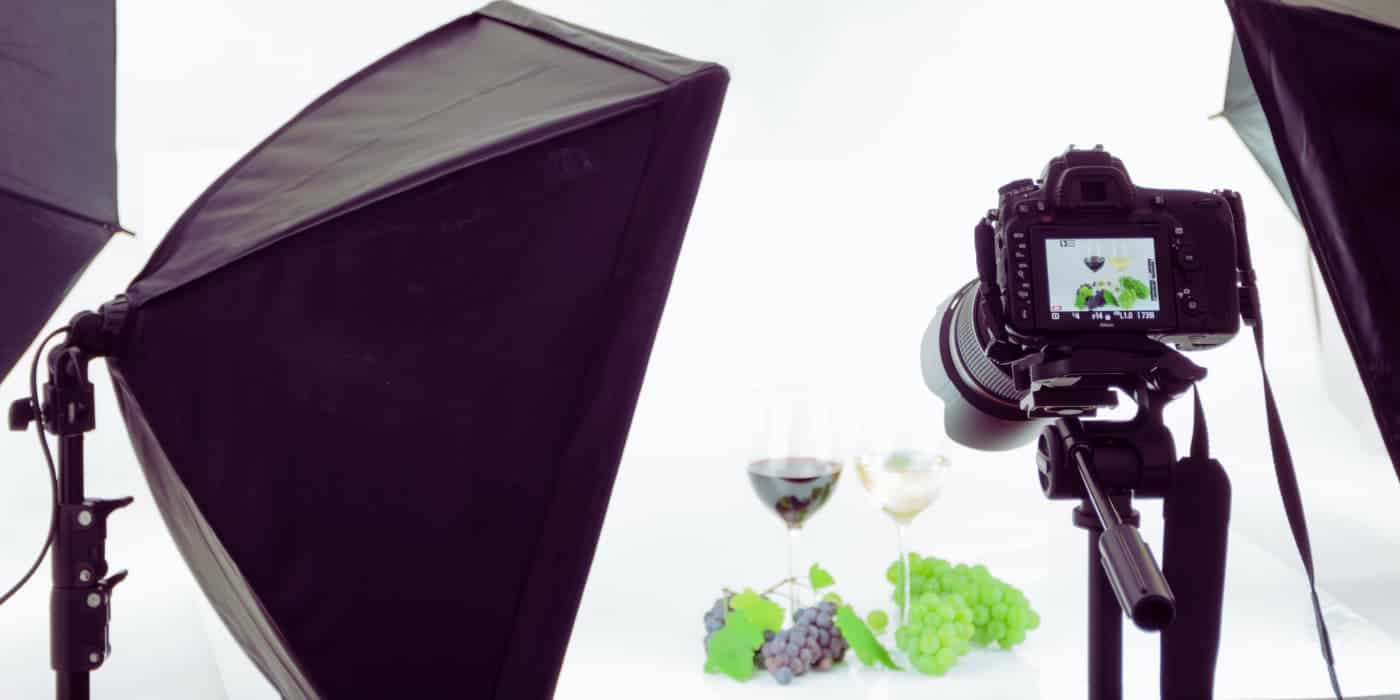Deciding between studio and on-location photography can feel daunting, especially when unsure what each entails or how they may affect your final images. Whether you’re a seasoned photographer or a business owner looking to showcase your products, understanding the differences between these two approaches is crucial for achieving the desired results.
Product photography is critical in today’s e-commerce and digital marketing landscape. High-quality images can significantly influence a customer’s purchasing decision, making the choice of location for your photo shoots even more important. While studio and on-location photography have their merits, the decision ultimately depends on your needs, budget, and creative vision.
What is Studio Photography?
Studio photography takes place in a controlled environment—typically a professional studio. The photographer fully controls the elements, from lighting and backdrop to temperature and sound. Think of studio photography as a blank canvas where every detail can be manipulated to create the desired look and feel. This is particularly beneficial for product images, where precision is vital.
Pros of Studio Photography
-
Complete Control
In a photography studio, you have complete control over all shoot elements, including lighting, background, props, and temperature. This level of control allows for consistency and precision, which is crucial for high-quality product shots.
-
Quality Equipment
Studios are typically equipped with top-notch lighting equipment, backdrops, and props. This saves you from purchasing or renting gear, ensuring you have access to the best tools for your shoot.
-
Convenience
You can shoot at any time with a studio, regardless of weather or time of day. Studios often have amenities like restrooms, changing rooms, and client waiting areas, making the shooting smoother and more comfortable.
-
Privacy
A studio provides a private, distraction-free environment. This can be particularly beneficial for shoots requiring concentration or a sense of intimacy, ensuring that the focus remains on creating the best product images.
-
Consistency
You can replicate the same setup in future shoots once you set up your lights, backdrops, and props. This consistency is vital for building a cohesive brand identity, as all product images will have a uniform look and feel.
Cons of Studio Photography
-
Cost
Renting or maintaining a studio can be expensive. This includes the space itself and the cost of lighting, backdrops, props, and other equipment. These expenses can add up, especially for small businesses or startups.
-
Lack of Natural Elements
While a studio offers control, it can limit spontaneity and authenticity. You miss out on natural light, weather, and unique outdoor settings that can add a dynamic and realistic touch to your product shots.
-
Transport
Depending on the studio’s location, getting there can be inconvenient for some clients. This limitation can restrict your client base to those within a reasonable distance, potentially affecting your business reach.
-
Space Limitations
Some studios can be quite small, restricting the types of shoots you can do. Shooting large groups or extensive sets might be challenging in a confined space, limiting your creative possibilities.
Which is Right for You?
Understanding the pros and cons of studio photography helps you make an informed decision. If you value control, consistency, and convenience, a studio might be the right choice for your product shots. However, on-location photography could be more suitable if you prefer spontaneity, natural elements, and unique settings.
Both studio and on-location photography have their unique strengths. As a photographer, assessing your needs, style, and resources is essential to determine the best option for your product shots. By weighing the pros and cons of studio photography, you can choose to align with your creative vision and business goals. Whether you prefer the controlled environment of a studio or the dynamic settings of on-location photography, the key is to ensure your product images are compelling, high-quality, and aligned with your brand identity.
Related Articles
- Product Photography 101
- Blackout Studio an Introduction
- The Art in Product Photography
- London Photography Studios with Infinity Coves
- Why Your Business Needs Professional Product Photography

